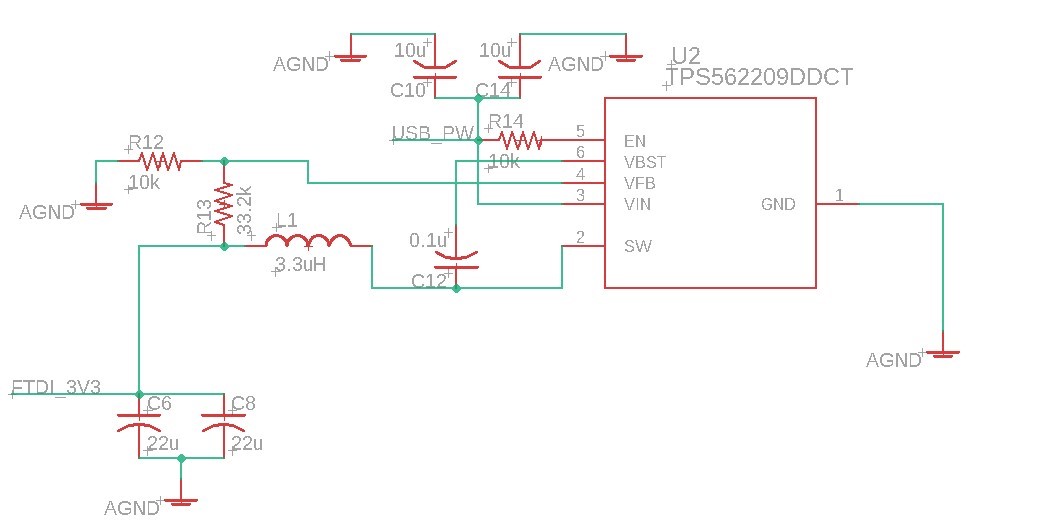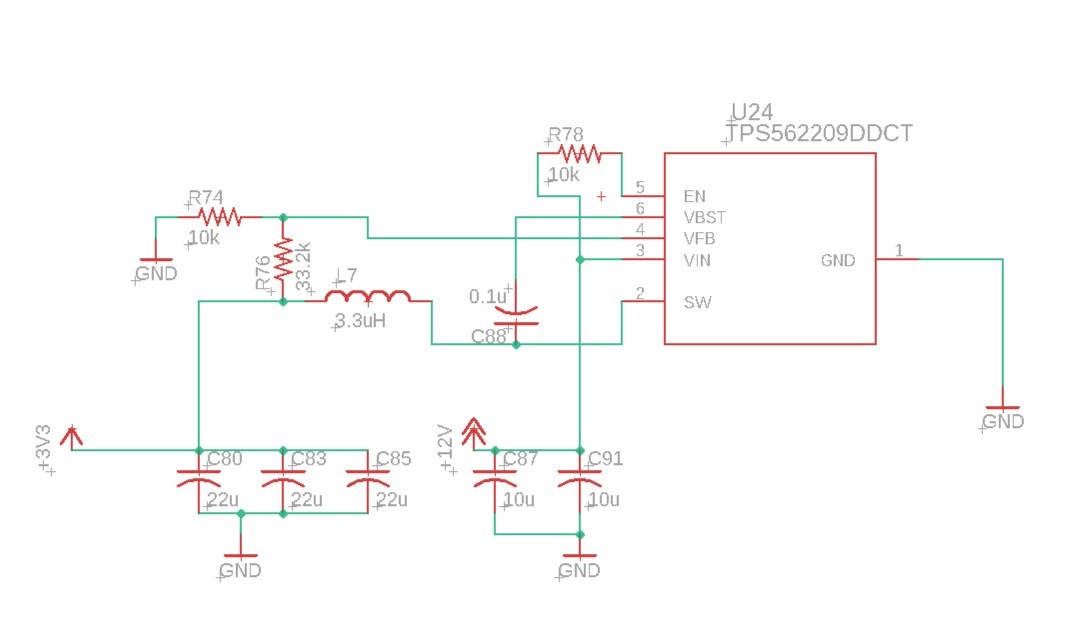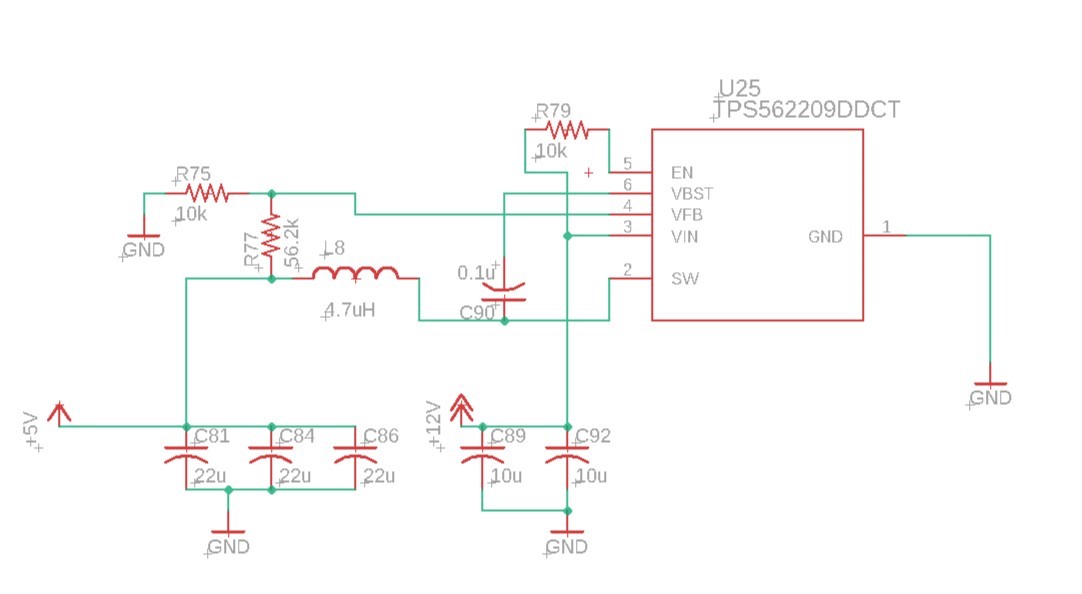Other Parts Discussed in Thread: DAC7678, TMS320F28069
Tool/software: Code Composer Studio
I am using launchpad board "TMS320F28069M ". While loading the program to the TMS320F28069M microcontroller there is no issue, but while debugging the program, it shows rise in temperature. We checked for the temperature of the controller and it shows around 40 - 45 degree Celsius.
The same phenomenon is observed in our self made circuit board(using TMS320F28069M microcontroller only).We tried giving power supply via USB and then started debugging in our self made circuit board,but same rise in temperature occurred and also We tried giving power supply via power adapter but no changes occur .So is it normal or do we have any problem in there? Kindly suggest.




